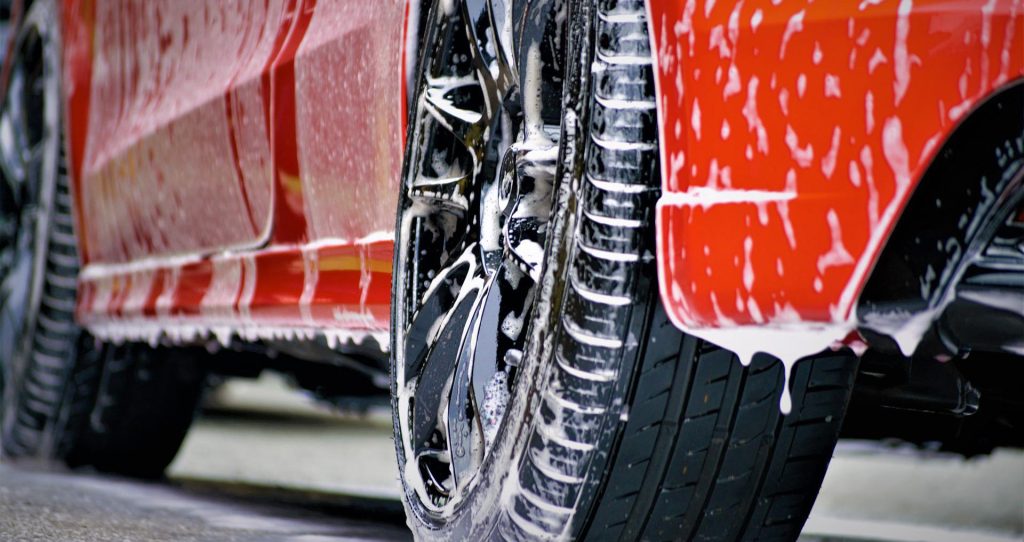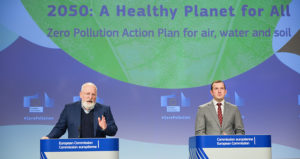Europe: Increase of water regulations car wash industry

-
 Fergal MacErlean
Fergal MacErlean
Share article:
Government regulations in some European countries drive changes in Europe´s car wash industry. In several European countries water recycling in car washes is already legislated. In Germany and Austria, a minimum recycling percentage of 80% is imposed. In Belgium, car wash stations started to recycle their wastewater ahead of legislation requiring that 70% of wastewater has to be recycled. Some Scandinavian countries also impose restrictions.
Significantly, in the Netherlands a maximum fresh water consumption rate of 70 liters per car is enforced. This is less than half the average amount of water used in a commercial car wash – 150 liters. With 250 million cars registered in the EU in 2020 it is clearly important to reduce the amount of water used in car washes. Globally the amount of water used for car washing annually is equivalent to the annual water needs of 33 million people.
Circular economy
At present, although certain European countries legislate on car wash water use/reuse, the European Commission has no plans to introduce specific regulations other than those adopted under the 2020 Circular Economy Action Plan, which encourages circular approaches to water reuse in agriculture.
Reducing water consumption
The EU has drawn attention to development projects, such as that of Germany´s nationwide car wash operator Mr. Wash Autoservice AG, which has been highlighted as an example of ambitious water recycling initiatives. This operator has reduced water consumption per car wash from 180 litres to approximately 100 litres, with an objective to reduce the consumption to 60 litres per car.
Reusing water
One of the world’s largest carwash networks, Circle K garages part of Couche-Tard, with more than 2,553 locations across Europe and North America is also working to manage its water recycling units more effectively and reduce their use of chemicals. All of their new North American carwash sites are equipped with systems that reuse 80% of the water in the process.
Treatment technologies
For the car wash industry, the most common water recycling technologies are coagulation/adsorption, membrane filtration, electrochemical processes, and methods that combine multiple technologies. Reclaimed water can be used in all stages of the washing process, except the final rinse, where the application of fresh or water treated with reverse osmosis is recommended.
Reducing sludge
In the car wash industry, a common-sense approach for water reclamation systems is flocculation-sedimentation, and direct filtration. Flocculation column-flotation allows for the elimination of stirred tanks at the flocculation stage, saving energy and maintenance and it has a greater compactness than other systems. Sludge produced, containing hydroxide and oxyhydroxide ions, is mainly landfilled. There is scope to reduce the amount of sludge produced.
Biological treatment
Biological treatments, such as those used in municipal wastewater treatment plants, may increasingly offer a good alternative to physical-chemical treatment systems with advances in biotechnology to overcome microorganisms’ sensitivity to chemicals and temperature variations.













